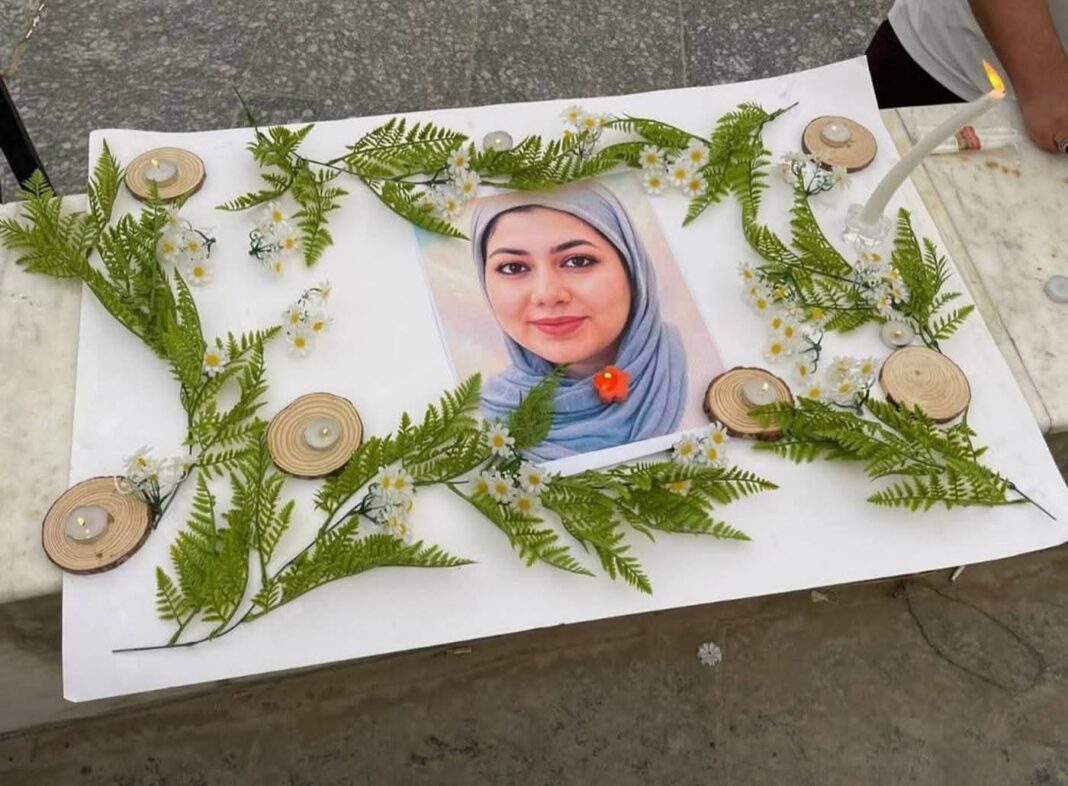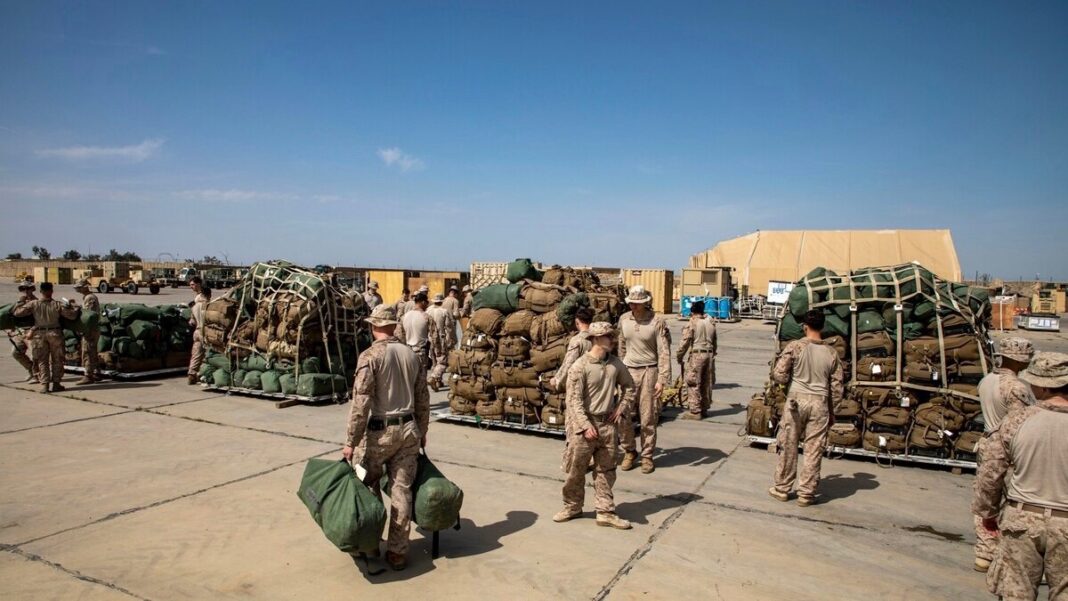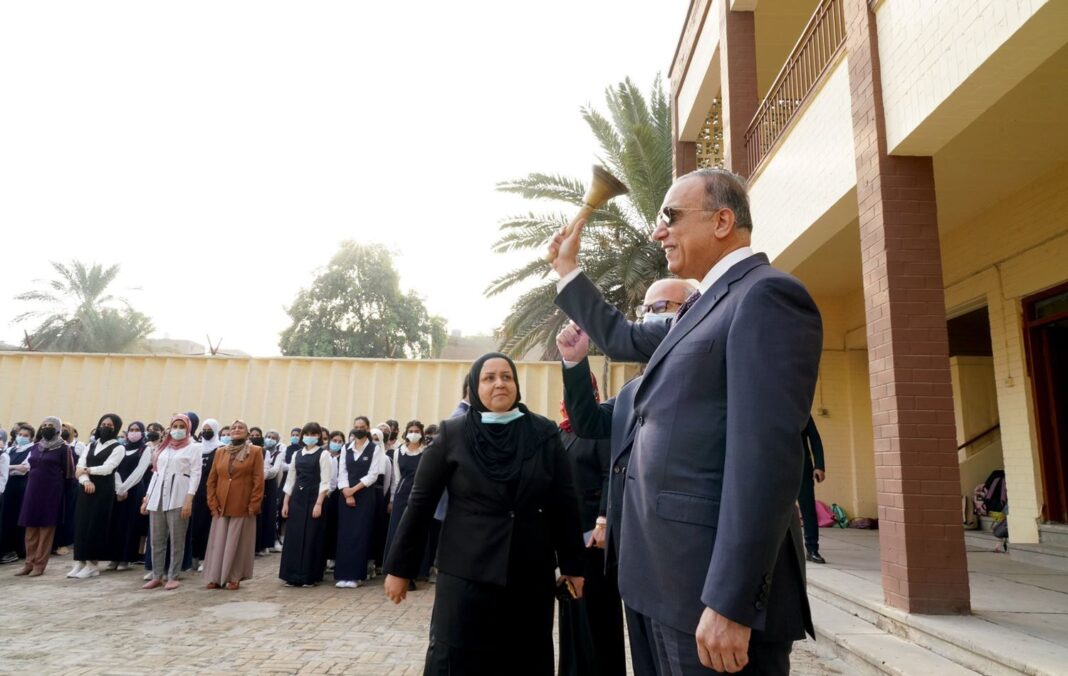An Iraqi court has officially closed a high-profile case. Consequently, the Basra Investigative Court announced its final decision, with findings released on August 18, 2025. Ultimately, the court determined a prominent psychiatrist’s death was a suicide. This ruling comes after weeks of widespread public protest that had sparked demonstrations across the country.
Furthermore, the court’s decision was based on extensive evidence. Specifically, officials reviewed forensic and technical reports. In addition, they carefully examined the crime scene. They also analyzed injuries, toxicology, and electronic data. Therefore, the Basra court confirmed suicide.
The ruling explained the victim’s medical history. The psychiatrist, who was in her thirties, had chronic depression. She was actively receiving psychiatric medication. The court noted her treatment history. She had sought help in both Baghdad and Basra.
Investigators reviewed personal messages. They found texts from the victim. She had written, “I am tired, I want to rest, I want to go.” The court interpreted these messages as suicidal intent. A forensic report also supported the ruling. It concluded that the victim’s injuries were self-inflicted. These injuries included deep cuts on both wrists. The report also cited rapid blood loss. Additionally, asphyxiation was a factor. This was linked to a drug interaction. The court noted there were no signs of a struggle. There was also no forced entry or poisoning.
The judiciary directly addressed public concerns. Protesters and lawmakers had alleged murder. The court dismissed these claims. “The case does not represent a criminal act,” the decision stated. “It is rather a suicide.” It also rejected claims of political interference.
The ruling also ordered the release of a suspect. Omar Dhahi Mustafa had been detained. His personal communications with the victim raised suspicion. However, the court found no connection to her death.
Police initially classified the death as a suicide. This happened on August 4. Activists and colleagues had challenged the conclusion. They had pointed to signs of strangulation and bruising. They also cited disabled surveillance cameras. The Basra court confirmed suicide. The court addressed these points directly. It said camera malfunctions were a technical issue. The wounds were consistent with self-inflicted cuts. No evidence supported strangulation. The investigation confirms suicide, not a homicide. The Basra court confirmed suicide.



